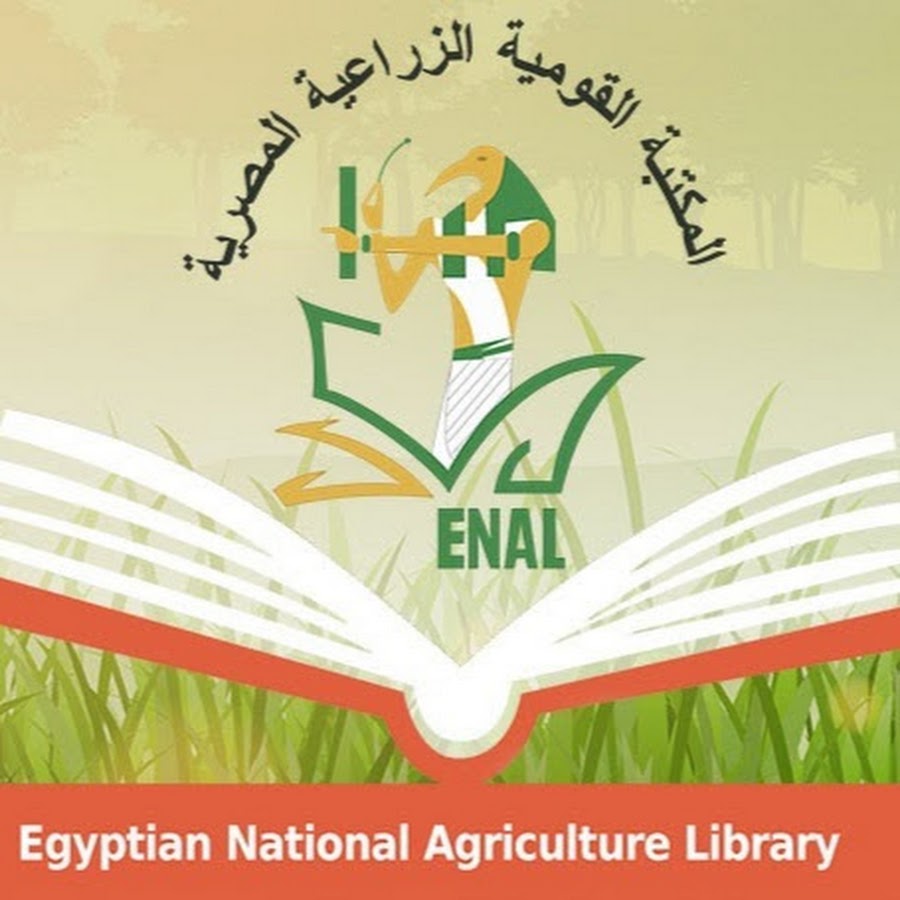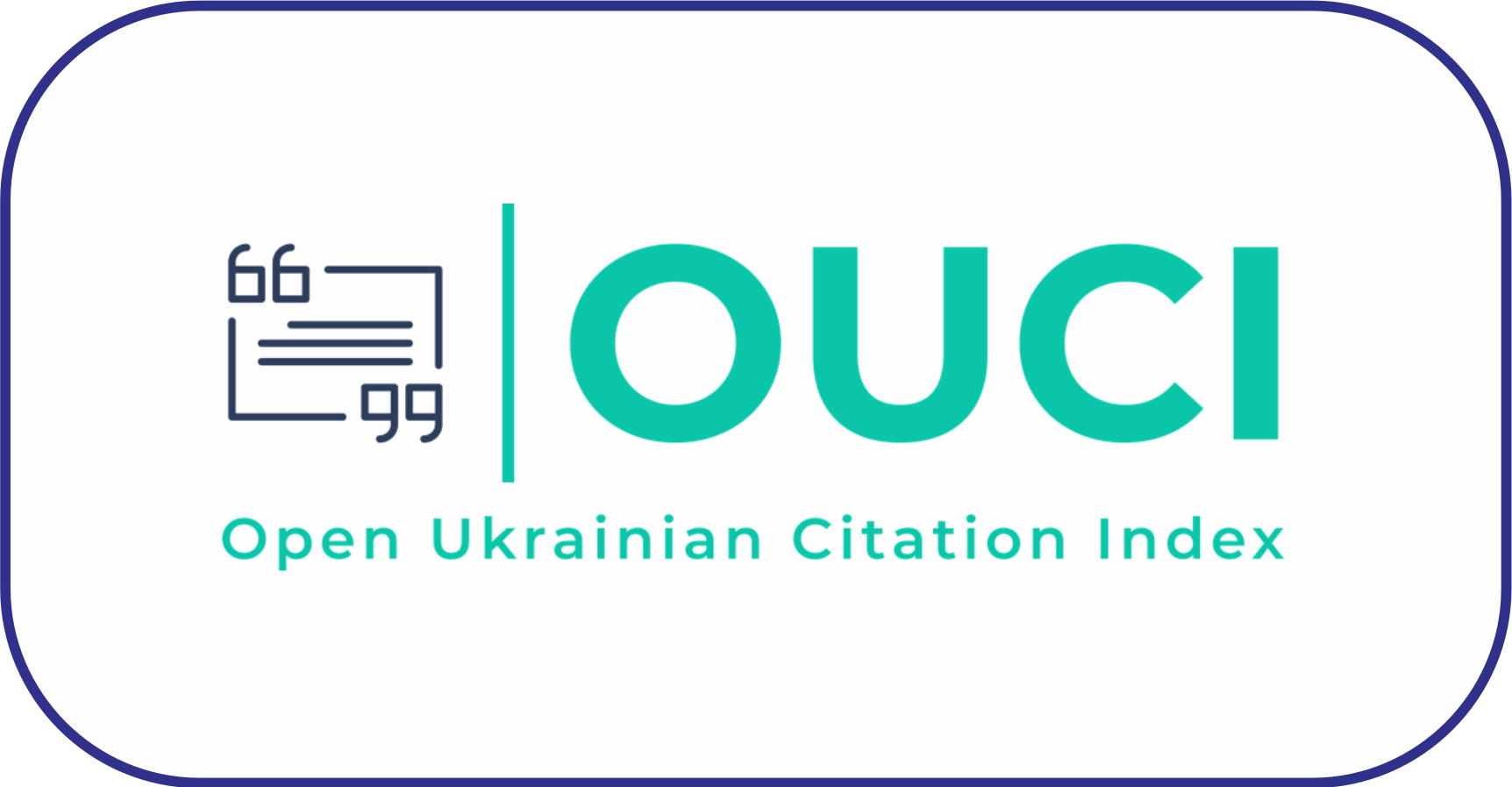ISSN: 3079-174X
Organize Special Issues
Guest editors interested in organizing a special issue submit a proposal to the journal's editorial board. This proposal outlines the theme, scope, and significance of the special issue. The editorial board reviews the proposal and decides whether to approve or reject it based on the relevance and importance of the proposed topic. Upon approval, the Special Issue will be accessible on the journal's website and open for submissions. This webpage outlines the specific duties of Lead Guest Editors and Guest Editors, offering guidance to facilitate the success of their respective Special Issue. Hence, organizing a special issue involves a coordinated effort between the guest editors and the editorial team of the Advances in Agriculture and Biology.
Promoting your Special Issue
Once the special issue is approved, Advances in Agriculture and Biology marketing team will conduct initial call for papers on your behalf to researchers, academics, and professionals in the field to invite submissions related to the special issue's theme. The call for papers specifies the submission guidelines, deadlines, and any other relevant information. Advances in Agriculture and Biology undertakes significant promotional activities to increase visibility and reach, but the most successful Special Issues are those that are supported and promoted by their Guest Editors.
Any of the following techniques will increase the likelihood of your Special Issue receiving high quality submissions:
- Clearly define the theme of your special issue. A focused and specific theme will attract researchers with a genuine interest in the topic.
- Craft a compelling and informative Call for Papers. Clearly outline the objectives, scope, and relevance of the special issue. Use persuasive language to encourage researchers to submit their best work.
- Collaborate with reputable scholars and researchers in the field to help promote the special issue. Their involvement can lend credibility and attract high-quality submissions.
- Use social media, academic conferences, and relevant forums to engage with the research community. Share information about the special issue, answer queries, and generate interest.
- Appoint guest editors who are well-respected and knowledgeable in the field. Their association with the special issue can enhance its reputation and attract quality submissions.
- Provide clear and detailed submission guidelines. Ensure that authors understand the criteria for acceptance and the review process.
- Ensure a rigorous and fair peer-review process. Quality reviews contribute to the credibility of the special issue and encourage high-calibre submissions.
- Start promoting the special issue well in advance. Build anticipation and awareness among potential contributors. Consider creating a dedicated webpage or using specialized platforms to showcase the special issue.
- Actively invite researchers and scholars who are known for their expertise in the subject matter. Personalized invitations can demonstrate the value of their contributions to your special issue.
Managing Submitted Papers for Your Special Issue
Managing papers for your Special Issue is a structured process at Advances in Agriculture and Biology. Guest Editors, acting like Academic Editors, use their subject expertise to pick suitable reviewers and decide whether to accept or reject a paper based on those reviews. Advances in Agriculture and Biology's editorial staff supports Guest Editors by handling administrative tasks like contacting reviewers, sending reminders to authors and reviewers, and notifying authors of a Guest Editor’s decision, and tracking down missing material, among various other administrative tasks. The entire process occurs within Advances in Agriculture and Biology's peer review system, ensuring a streamlined and efficient evaluation of each submission. Special Issue articles follow the same peer review process as other articles in Advances in Agriculture and Biology.
Selection and Revision of Manuscripts
Guest editors work closely with the editorial team to review the peer-review feedback and make decisions about which manuscripts to accept, revise, or reject. The selected manuscripts contribute to the overall coherence and quality of the special issue. Authors of accepted papers may be required to revise their manuscripts based on the feedback from peer reviewers and guest editors. Once revisions are complete, final versions of the manuscripts are submitted to the journal.
Editorial Policy Highlights
Submitting Manuscripts for Your Special Issue
The Guest Editorial team has the privilege to publish up to three articles within their designated Special Issue, along with an Editorial article if the Issue proves successful. To maintain the highest standards of transparency and avoid potential conflicts of interest, we strictly prohibit Guest Editors from handling papers authored by themselves or their team members. Consequently, such manuscripts are handled by members of the journal's Editorial Board, ensuring impartiality and objectivity. Importantly, these submissions will not be visible to the Lead Guest Editor. To facilitate this process, we kindly request that you submit manuscripts for your own Special Issue using the email address associated with your Editorial role. If, at any point, you observe that you have been assigned to a manuscript authored by yourself or a member of your Guest Editorial team, we urge you to promptly contact the Editorial Assistant for immediate resolution. Your cooperation is crucial in maintaining the integrity and credibility of the peer-review process.
Understanding and Managing Conflicts of Interest
When managing manuscripts submitted to your Special Issue, it is crucial to proactively assess and address potential conflicts of interest. If you have recently collaborated as a co-author with the author(s) of manuscript or shared affiliations or employment history, there is a risk of perceived influence due to your relationship. Advances in Agriculture and Biology is committed to avoid assigning papers to Editors who may have conflicts, emphasizing the importance of Editors declaring any potential conflicts. If you believe a conflict exists when you are notified about a paper, you should refuse to handle the manuscript and notify the Editorial Assistant so the manuscript can be assigned to an alternative editor. If everyone in the Guest Editor team has a potential conflict of interest, or the conflict of interest belongs to the Lead Guest Editor, the manuscript will need to be handled by a member of the journal’s permanent Editorial Board. This is to ensure the impartiality of the peer review process. Furthermore, when extending invitations to potential reviewers, it is essential to ensure that they do not harbor any potential conflicts of interest. This diligence in selecting reviewers without conflicts is crucial to maintaining the integrity and fairness of the peer review process within the context of your Special Issue.
Preventing Manipulation of Citations
In your role as an Editor, it is imperative not to request authors to add references solely for the purpose of boosting citations to your own work, the work of an associate, the journal itself, or any other journal with which you are affiliated. Additionally, submitting manuscripts with the primary intention of increasing the number of citations to a specific author's work or articles published in a particular journal is discouraged and may lead to sanctions. For detailed information, please see our editorial policies.
Publication of Articles in a Special Issue
Manuscripts may be submitted as soon as the Special Issue opens. Accepted articles are immediately published in the Special Issue. After the deadline, the Special Issue will no longer accept new submissions, but new articles will continue to appear in the Special Issue as manuscripts make their way through the review process. The special issue is compiled and published as a cohesive collection in a specific volume or section of the journal. The publication may include an introduction written by the guest editors, providing context for the special issue and summarizing the contributions of the individual papers. The special issue is archived, and the individual articles are indexed to ensure long-term accessibility and discoverability. Throughout the process, effective communication between guest editors, authors, and the journal's editorial team is crucial for the success of the special issue.
Typically, Article Processing Charges (APCs) are paid by the authors of each published paper. You can serve as the lead guest editor only after your Proposal Form has been approved. All articles submitted to the special issue can enjoy a 20% discount upon acceptance.


























